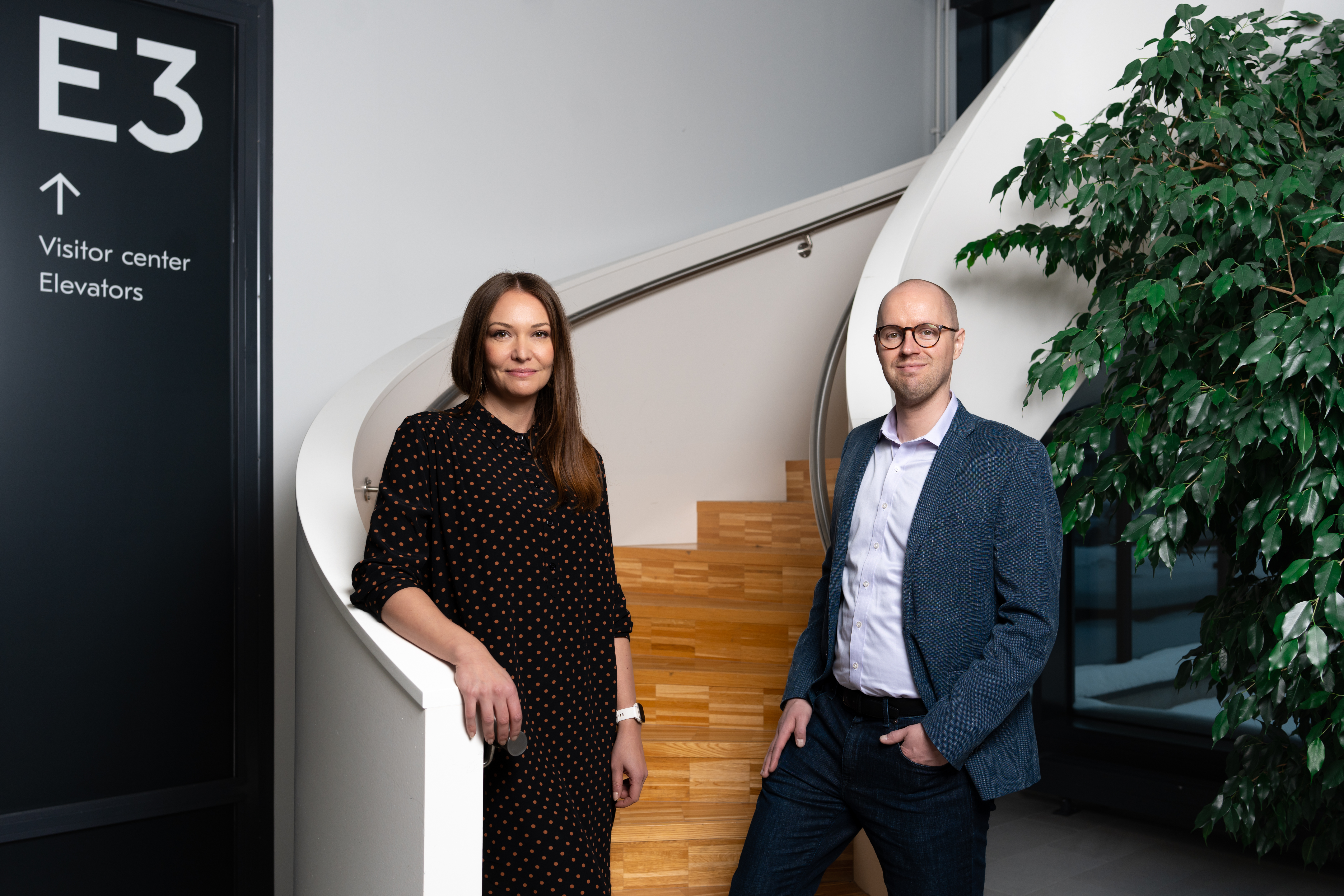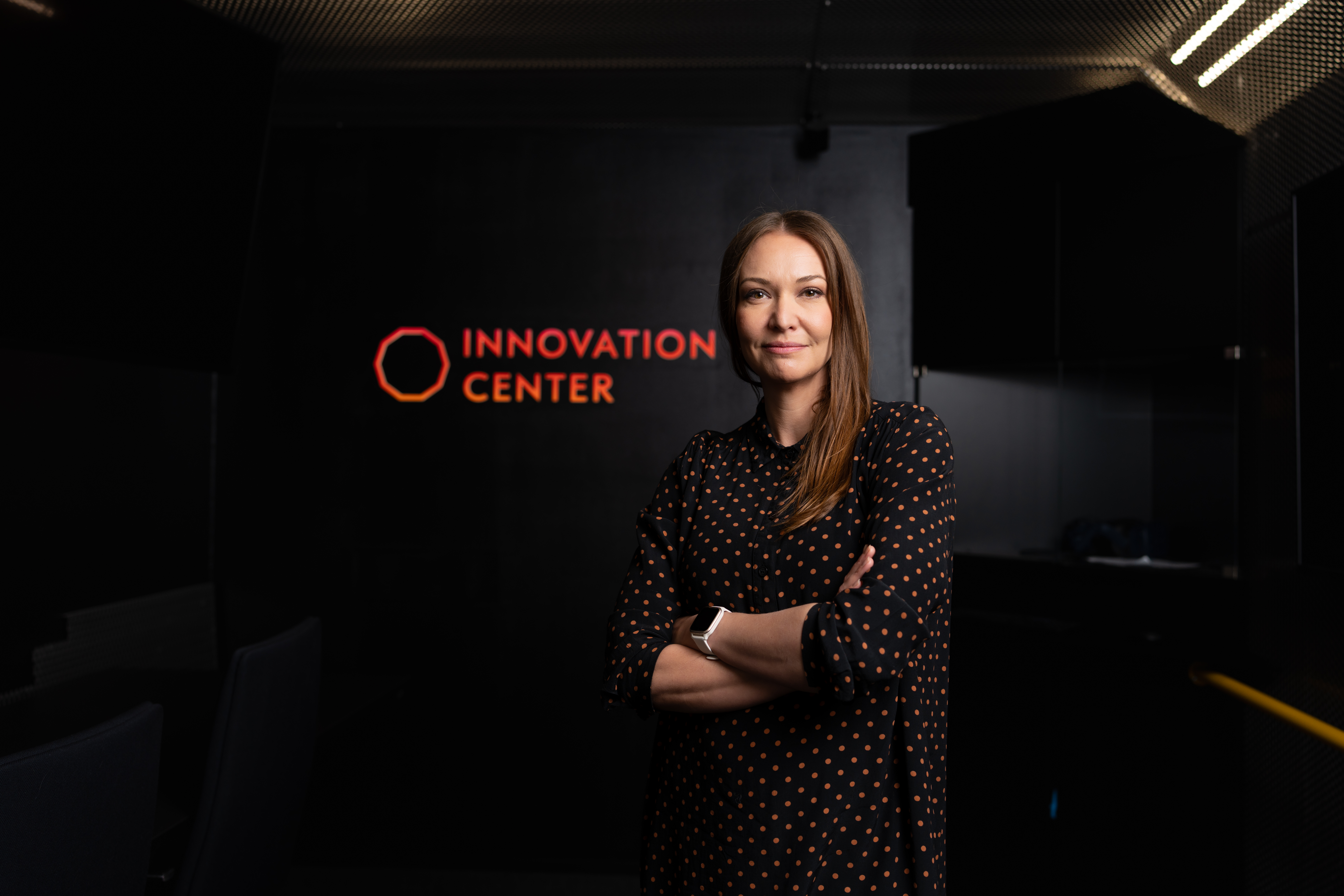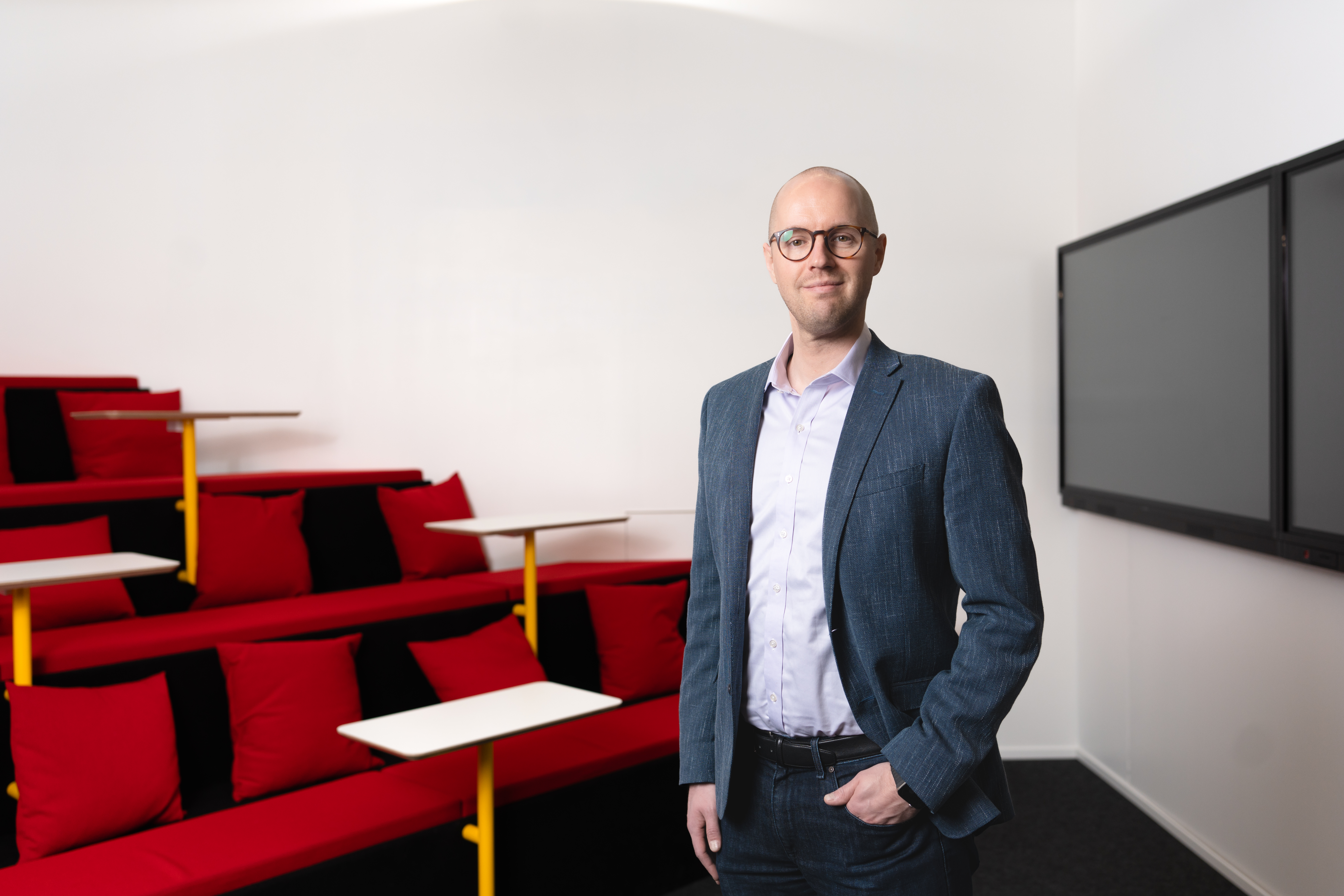AI changes the course of engineering work
As a Chief Instrumentation Engineer, Johanna has two types of projects. In more extensive and complex projects, Johanna's main job is supervising and guiding other instrumentation engineers. She takes care of the schedules and reports to the project manager. Days consist of numerous meetings with customers and Metso's team. On the other hand, in smaller projects, Johanna immerses herself in the design work.
"I like that there is variation. Sometimes, it is very nice to delve into independent work, yet I also truly enjoy working and communicating with people. When we have a bigger project, the weeks easily fill up with meetings."
Recently, Johanna has mainly worked on more significant projects with a lot of documentation to do. Documentation is one of the least favorite aspects of her job.
"Documentation has to be done in every project, and it is often very similar between projects. That is quite laborious and time-consuming, and in complex projects, it gets highlighted because there is so much to do. I would rather use the time to support and help my team and ensure everything is running as planned," Johanna reveals.
Johanna's wishes might come true very soon since artificial intelligence (AI) is quickly making its way to instrumentation and automation engineering. Johanna believes AI will do most manual and recurring tasks in a few years.
"I could bet that most of the design software will become more intelligent in the near future, and I think most of the design documents can be produced with the AI inside the software. Engineers would only enter the input data, and AI would create the documentation. The same goes, for example, for circuit diagrams."


